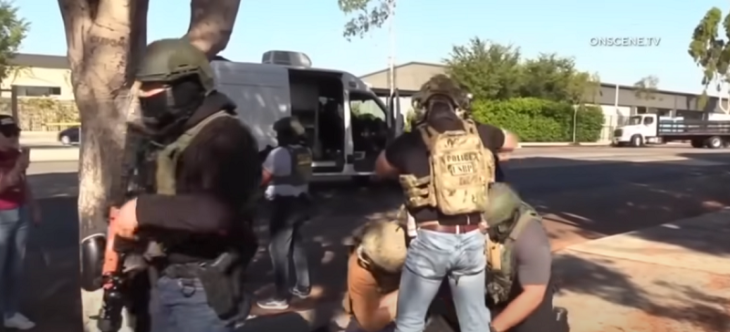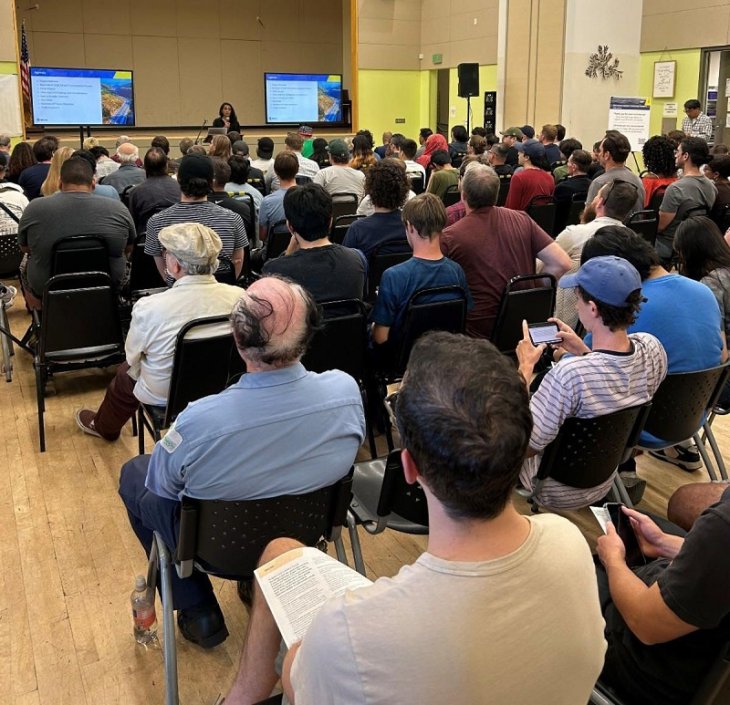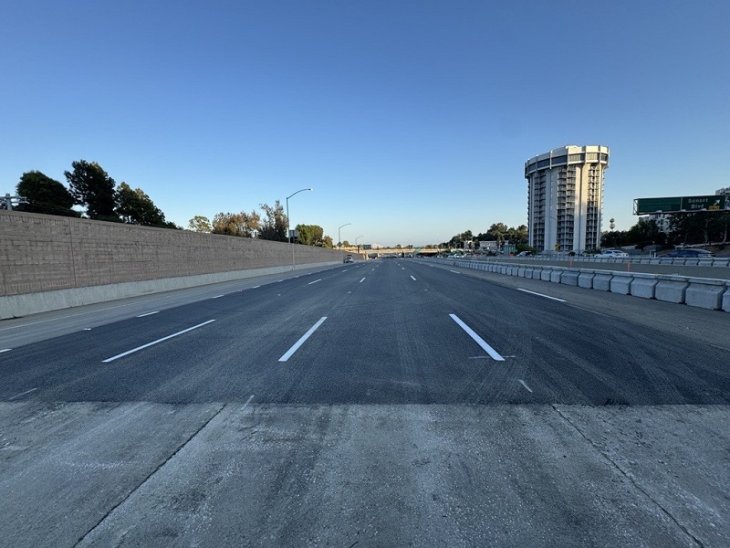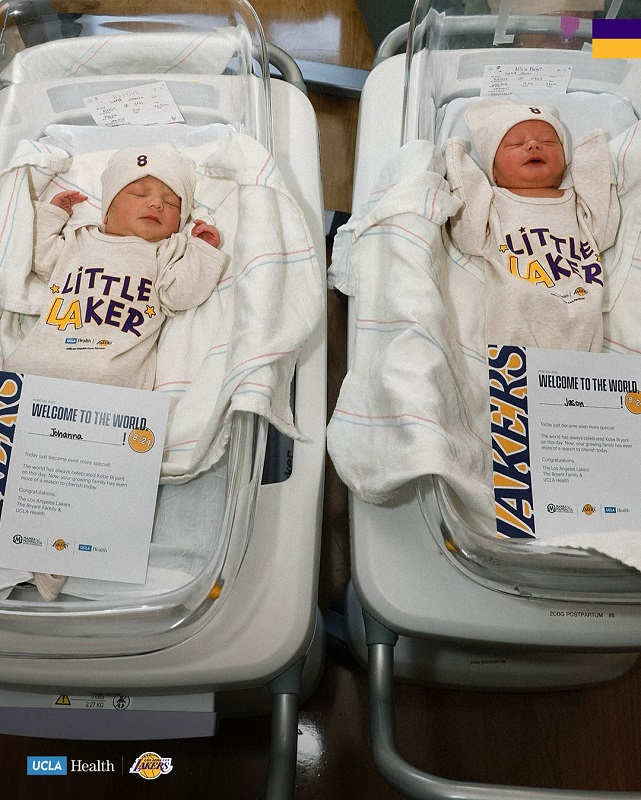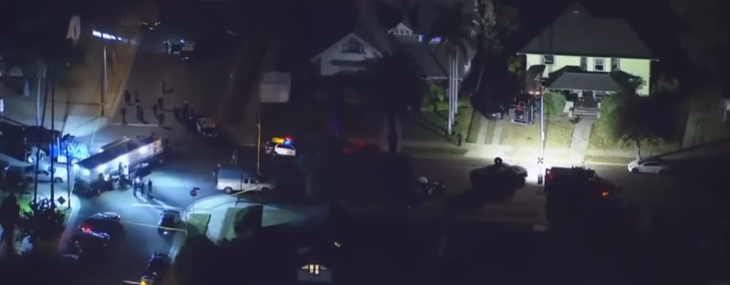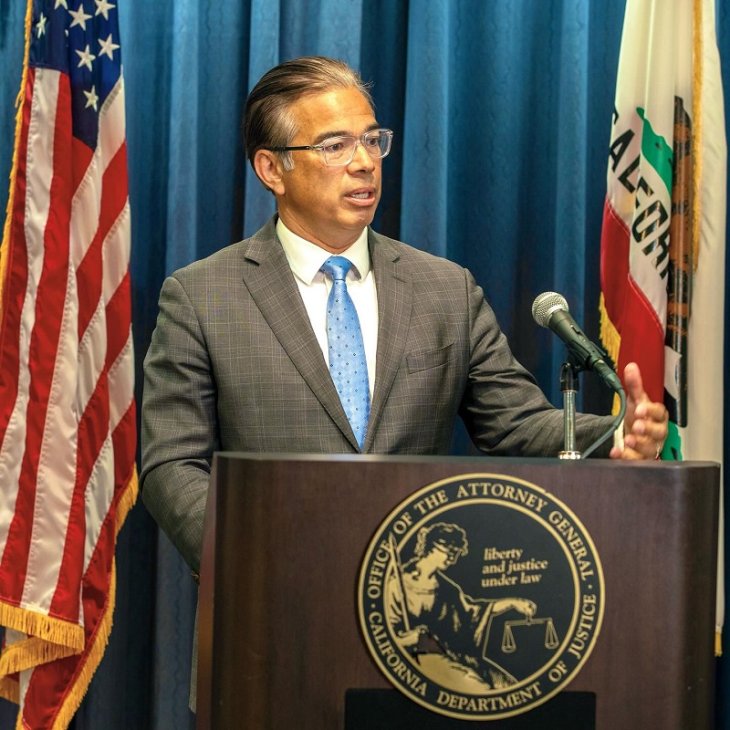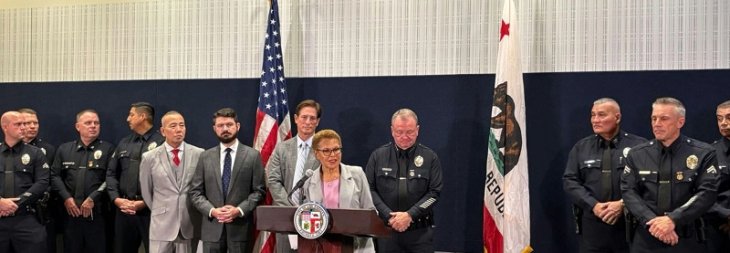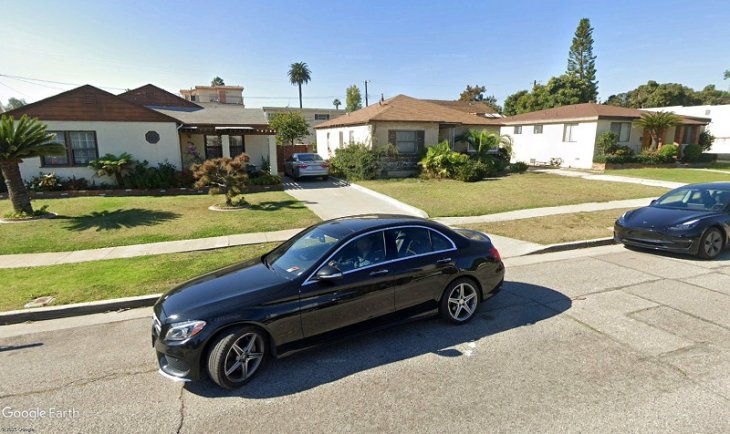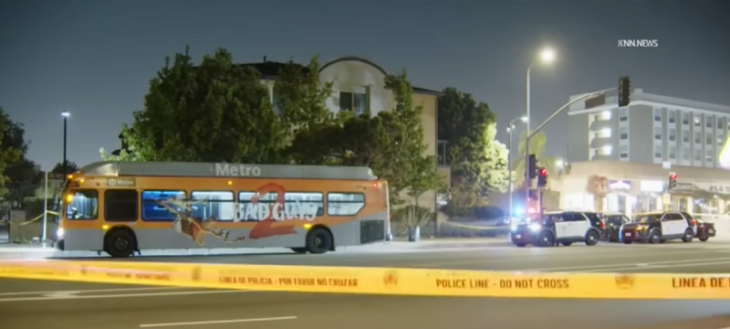
The Los Angeles Homeless Services Authority announced Friday it has applied for a record $110 million in federal grants to fund housing and services for the homeless.
The application made Thursday came one day before today’s deadline and two days after the City Council adopted changes to a law that critics say criminalizes the homeless.
Peter Lynn, director of the Los Angeles Homeless Services Authority, told the council on Tuesday that city laws criminalizing homelessness could hurt the agency’s chances for the more than $100 million in funding, which is needed by the joint city and county agency to renew existing services and set up new programs.
Lynn said the U.S. Department of Housing and Urban Development indicated the decision on allocating the grants would be partially dependant on an applicant’s ability to show steps are being taken to prevent the criminalization of the homeless.
“Significant amounts of our federal renewal funding are at risk if we pursue a course that HUD has stated an opposition to,” Lynn said.
Lynn urged the City Council council to change the law known at 56.11 that makes it a misdemeanor to store personal property in public areas, and could disproportionately affect those who are homeless and have no choice but to set up encampments or keep their belongings on sidewalks.
“We would strongly encourage the council not adopt … or to eliminate … elements of ordinances that would criminalize homelessness,” Lynn told the City Council.
“I do think that the ordinance in front of you significantly does reduce that,” he added, referring to the proposed changes to 56.11.
The City Council on Tuesday adopted those changes, which still must be drafted by the City Attorney’s Office and return for a council final vote.
The revisions would no long make merely having tents or keeping items on sidewalks crimes.
Instead, criminal penalties and fines would only apply if a person impedes or prevents law enforcement and city officials from removing the items, or if the person is illegally dumping, or abandoning trash on the street or sidewalk.
Mayor Eric Garcetti told City News Service on Thursday that he is “pleased with what they (the City Council) did, and I’ve expressed that to HUD as well.”
Councilman Jose Huizar, who co-chairs the Homelessness and Poverty Committee, and represents a district that includes downtown Los Angeles, told City News Service in a statement that the city “worked very hard to balance the city’s responsibility to keep our sidewalks passable for all stakeholders with the needs and rights of individuals experiencing homelessness.”
Huizar said the amended ordinance “clearly reduces penalties and gives options to individuals experiencing homelessness, and I’m hopeful that HUD will recognize our efforts.”
Huizar’s co-chair, Marqueece Harris-Dawson, said some “important questions” remain about how the law would actually be carried out.
Harris-Dawson said City Council members will work with the city sanitation and police departments “to clarify the divisions of responsibility among them, and to ensure that individuals are given a reasonable opportunity to comply with the regulation, but also an opportunity to keep and store their belongings.”
However, some advocates for the homeless contend that even with the amendments, the law could still criminalize homelessness.
Eric Ares, an organizer with the Los Angeles Community Action Network, a group that has pressed the city to repeal 56.11, argued that even without criminal penalties, laws could still unduly punish the homeless if they are enforced disproportionately on those who are homeless and “make lives harder through no fault of their own.”


